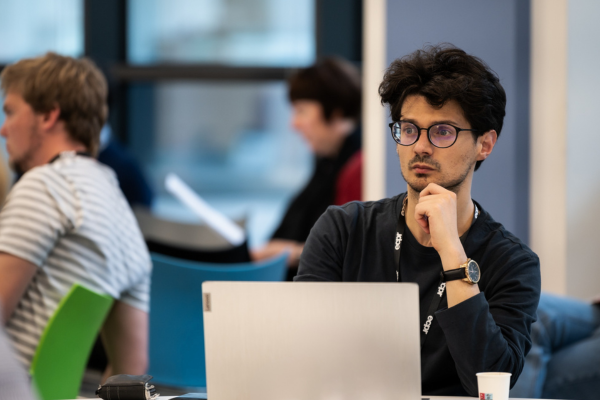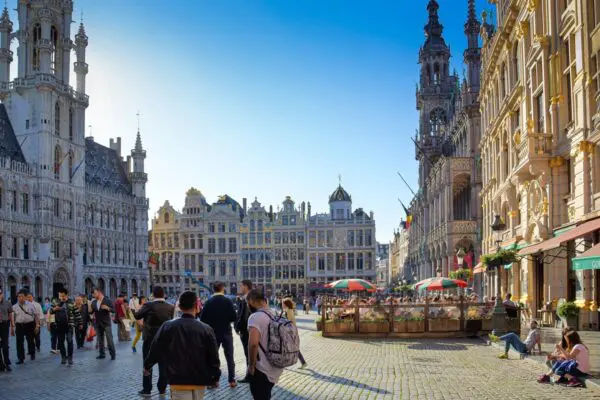
Thessaloniki, Greece
Populism Research Today: Challenges and Innovations
When:
26 August - 29 August 2025
Credits:
4 EC
Read more
Political Science & Social Sciences
When:
14 July - 19 July 2025
School:
Central European University – Summer University
Institution:
Central European University
City:
Country:
Language:
English
Credits:
0 EC
Fee:
360 EUR

There are typically two ways to explain how and why democracies die. The first kind of explanation, which was dominant for much of the twentieth century and has returned with Russia’s invasion of Ukraine, turns to external threats. The second kind of explanation, which secured its dominance after the fall of the Soviet Union and the apparent triumph of a global liberal democratic order, turns to internal tensions—from religious violence to government corruption to tyrannical majorities to authoritarian take-over. This course explores an increasingly urgent third kind of explanation. In addition to external threats and internal tensions, democracies now face challenges that are neither strictly internal nor external but global, systemic, and infrastructural. We understand these challenges under two broad categories: the unfolding ecological crises and the catastrophes wrought by capitalism’s intensification.
Can democracy, a mode of governance bound by national borders, respond to these boundless global, systemic, and infrastructural challenges? What is the relationship between ecological and capitalist crises? How do ecological and capitalist crises animate democracy’s internal and external antagonists?
Dilip Gaonkar (Rhetoric and Public Culture, Northwestern University, Evanston, USA) & Shalini Randeria (President and Rector of Central European University, Vienna, Austria) & Liam Mayes (Politics, Law and Social Thought, Rice University, Houston, USA)
The course invites applications from advanced humanities and social science PhD students, post-doctoral researchers, and junior faculty who have received their PhDs within the last five years.
The aim of the course is to re-examine the relationship between democracy, ecology, and capitalism by attending to the complex and diverse challenges democratic societies are navigating today. The course will employ an interdisciplinary perspective and global scope, comparing democratic contexts across time and space. To this end, the course will foster a robust dialogue among students, activists, and scholars assembled from all over the world. Students will leave the course with a deeper understanding of democracy’s modern challenges as well as new questions and ideas about how they may be productively addressed.
Fee
360 EUR
When:
14 July - 19 July 2025
School:
Central European University – Summer University
Institution:
Central European University
Language:
English
Credits:
0 EC

Thessaloniki, Greece
When:
26 August - 29 August 2025
Credits:
4 EC
Read more

Cologne, Germany
When:
28 July - 01 August 2025
Credits:
4 EC
Read more

Brussels, Belgium
When:
07 July - 11 July 2025
Credits:
4 EC
Read more